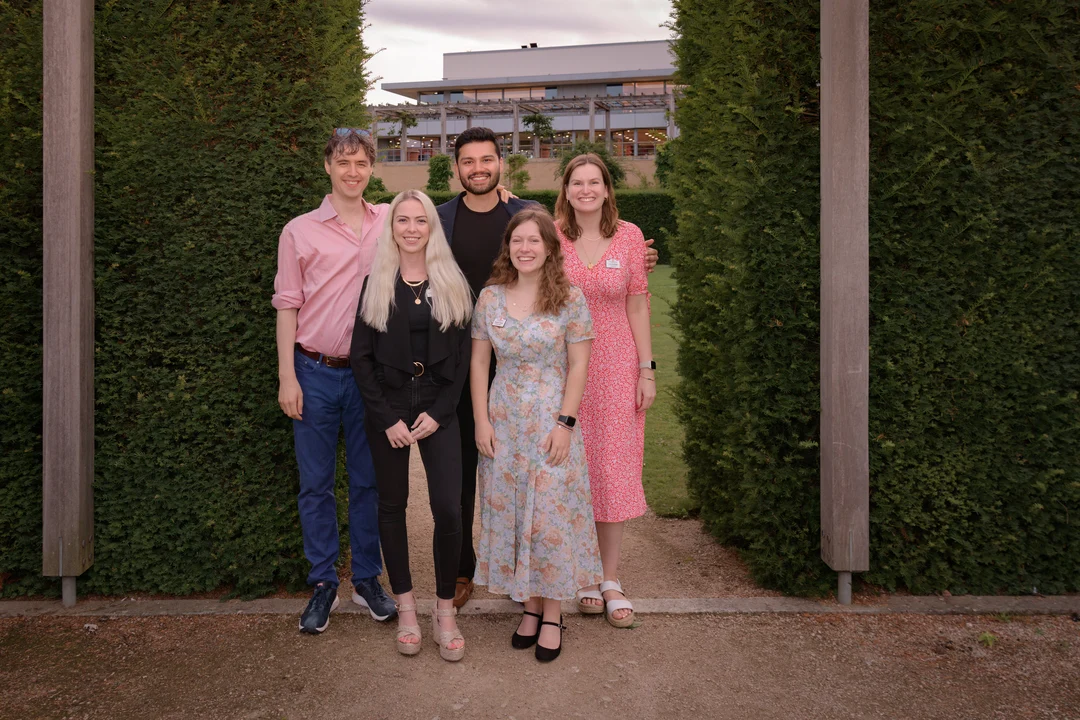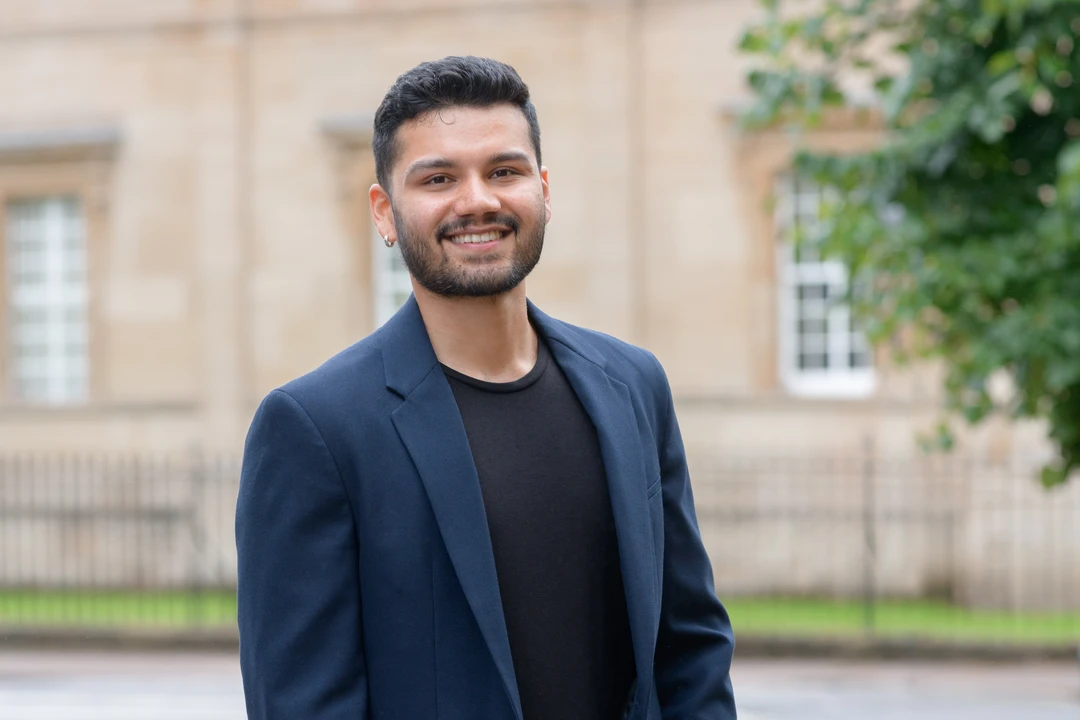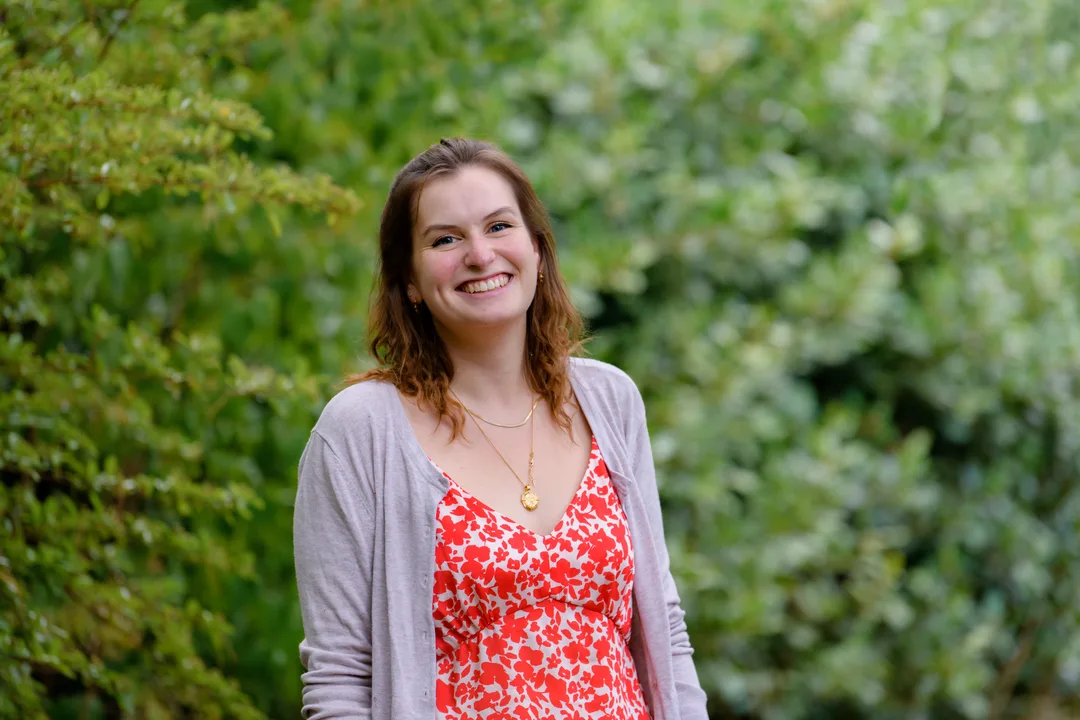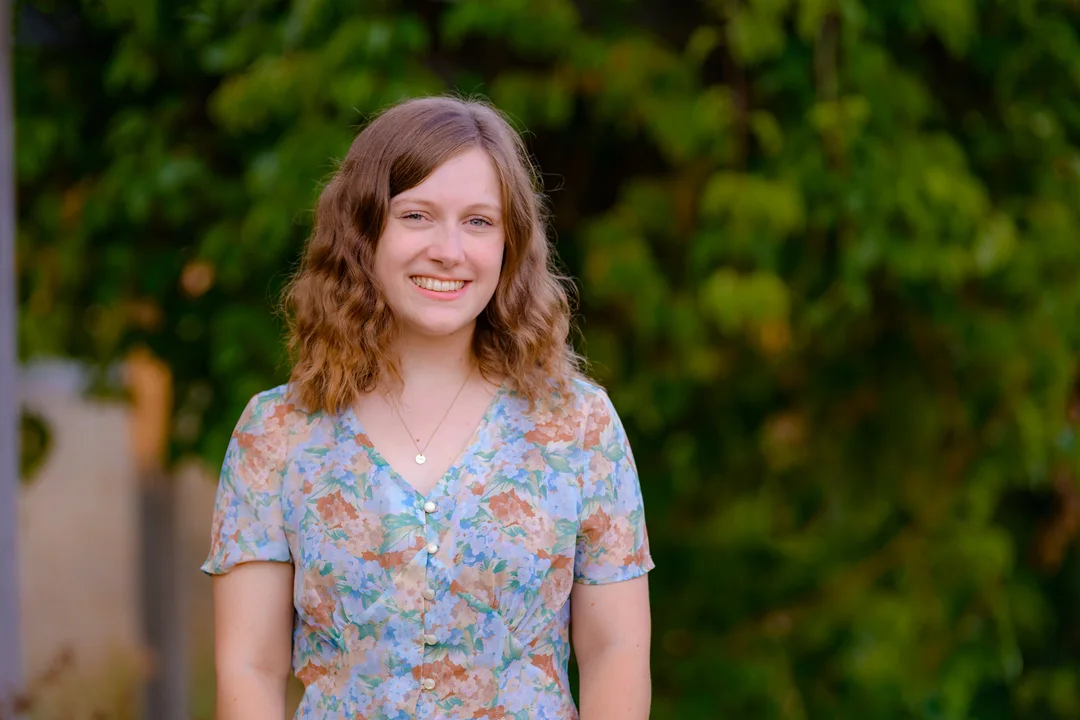Everything We Wish We Knew When Applying to University

Applying to university can be a very stressful time, and teenagers are often making decisions that will significantly impact their futures without feeling fully confident in their preparations (OxBright, 2023).
We firmly believe in the positive impact of role models and mentors when you’re preparing for the future, no matter your stage of study or work. So, we went around the office and asked the Oxford Scholastica team what they wished they’d been told when they were applying for university.
From food and accommodation to visas and employment prospects, we hope you find our wisdom useful – and remember, it’s okay to not know all the answers in advance! Use your network, research as much as you can, and trust that even with some unknowns, you’ll be able to make decisions you’re proud of years down the line.
Ameya, Head of Education
BA Economics, University College London
MEd International Education Policy, Harvard
Ameya studied for his Bachelor’s degree as an international student in London, UK. Here’s what he wishes he knew before making that jump:
“I wish I had a clearer picture of what each university’s faculty was like and which modules were mandatory on each degree. Knowing more about the assessment and exam styles would have helped too, as these can vary vastly between courses and universities.
“It would’ve been great to understand the career development opportunities during the course as well, like summer internships, part-time work options, and chances to network. A three year degree seems like a long time when you’re 18, but graduation comes round quickly and it pays to be prepared!
“I also didn’t know much about how British universities work compared to ones in the US or Europe. It’s important for international students to grasp these differences before applying, as the differences can be significant. Knowing more about job prospects after university and the visa requirements for employment would have made a big difference in my decision-making too.
“Lastly, adapting to a new culture was definitely a challenge, especially alongside all the other culture shocks of starting university. I wish I was better prepared for differences in things like food and social norms. Connecting with other international students and joining cultural clubs really helped me adjust once I’d started, and I recommend it to others too.”
Amy, Content Editor
BA English, Keele University
MSt English, University of Oxford
Amy offers some wisdom, both practical and less concrete, to help you prepare for your university experience:
“There’s such a thing as over-preparing! You don’t need to pack your entire wardrobe or the guitar you haven’t played in years, and you definitely don’t need all of your A-level notes. Also, move-in day will be a lot easier if you wait until you arrive to buy your course books.
“On the flip side, definitely take a small first-aid kit with you and anything you need to help with freshers’ flu – it’s very real and you’ll almost certainly catch it within your first few weeks.
“It’s also a really good idea to research second-year accommodation options before you apply. Different universities offer different choices, and you might prefer some over others. For example, you might prefer to live on campus for all three years, which would rule out universities that expect second and third years to rent privately.
“Most importantly though, there’s no need to worry! I know that’s easier said than done, but everyone’s in the same boat and your university will have lots of support systems in place to help you settle in.”
Lavinia, Co-Director
BA Classics, University of Cambridge
Lavinia studied Classics at the University of Cambridge, and shares her wisdom on the importance of outlook in your final years at school – and throughout your degree:
“At 17 years old, I was totally focused on being accepted by a top university to study my chosen subject, which was Classics. I was so busy thinking about applying to uni that I didn’t spend any time thinking about what university would actually be like when I got there, or what I was hoping to get out of the experience. I was just obsessed with getting the offer!
“With hindsight, I wish I’d prepared more for the three years that awaited me, rather than the split second of being accepted. I wish I’d known that so much of the university experience is the opportunities you take up outside of the lecture theatre.
“I wish I’d got more involved with the societies, events and teams on offer, which I now know bear much more of a practical resemblance to the world of work than the library does. If you take up these opportunities while you have the chance, you’ll enter the workplace with skills that set you apart from your peers, as well as a wider circle of friends and experiences you’ll remember forever.”
Melissa, Student Experience Executive
BA Education, Early Childhood Education and Teaching, University of Pretoria
Melissa studied Education in South Africa and worked as a SEN teacher before joining the OxBright team. Here’s what she wishes she knew:
“I wish I had been more conscious of time throughout the end of school and my undergraduate degree – I used to procrastinate, and deadlines used to come flying in, which meant many late nights and strong coffees!
“It might not seem that important in the grand scheme of things, but I’d definitely take a good look at the menu in the cafeteria and other easy food options near campus, as I ended up ordering food way more than taking a packed lunch. That’s something to consider in your budget, too – even the best intentions sometimes don’t translate into three home-cooked meals every day!
“Overall, I wish I had simply arrived ready to enjoy ‘varsity life’, and used every stumble as a learning curve to get back up and try again. Not just to work harder, but equally to create even more wonderful memories along the way!”
Sophie, Head of Content
BA English Literature & Language, University College London
Despite (almost!) always knowing which subject she wanted to study, Sophie wishes she’d approached university options slightly more broadly:
“Notwithstanding a brief wobble in my final year at school, I was always very sure I wanted to study English at university in the UK. When it came to picking the universities I applied for, I relied quite heavily on league tables and reputation, rather than considering the structure of the course, exams and teaching styles in great detail.
“Luckily, UCL’s faculty and style of teaching really suited me, and I loved being part of such an international community, but I wish I’d given more consideration to courses offering interdisciplinary modules, and potentially a year abroad. There are lots of holistic aspects to the university experience that I didn’t really know could be an option, so I didn’t consider them at all in my decision making.
“I also thought all English degrees were pretty much the same in terms of the syllabus, but that couldn’t be further from the truth! When considering universities, I’d definitely recommend looking at course outlines and reading lists in advance, so that you know you’ll cover your particular areas of interest, and you feel represented in the texts and topics you’re studying.”
Stephanie, Head of Student Experience
BA Corporate Communications & Public Relations, Varsity College
Stephanie studied Corporate Communications in South Africa, and she shares some professional reflections on her degree choice:
“When applying to university, I wish I knew that the best thing you can do for yourself is to specialise in a specific field. I studied Corporate Communications & Public Relations, which is a very common degree in South Africa. If I could change it, I probably would’ve gone into something more specialised.
“I also wish I did more research about job trend predictions to see what kind of industries would be booming and what kinds of jobs might be created, that weren’t around at that time.
“It would have been helpful to do more research on the job market to see the kinds of salaries offered for certain positions, the skills needed for those positions, and the growth potential for those positions.
“One thing which I found very helpful was completing internships with an advertising agency and a public relations agency alongside my degree – this is definitely the best way to get a feel for the industry and to see what kinds of tasks you’ll be doing everyday.”
The team have really enjoyed reflecting on their university experiences, and we hope you’ve found our musings helpful! One of the best ways to work out exactly what you want from your university experience is to experience university life for yourself. Check out our sister organisation’s Oxford summer courses to find out more.

By Sophie Parker
Looking to take part in a truly international Oxford summer school?
Recommended articles
Best Universities to Study Medicine in the World
A degree in Medicine spans many years, so it’s important to make a good choice when committing yourself to your studies. This guide is designed to help you figure out where you'd like to study and practise medicine. For those interested in getting a head start, the...
What Is A Year Abroad?
One of the great opportunities offered to UK university students is taking a year abroad. But what does this involve? Who can do it? What are some of the pros and cons? In our year abroad guide, we’ll explain some of the things to bear in mind when considering this...
The Ultimate Guide To Summer Internships
Are you eager to make the most of your summer break and jumpstart your career? There are so many productive things students can do in the summer or with their school holidays, and an internship is one of the most valuable! A summer internship could be the perfect...





